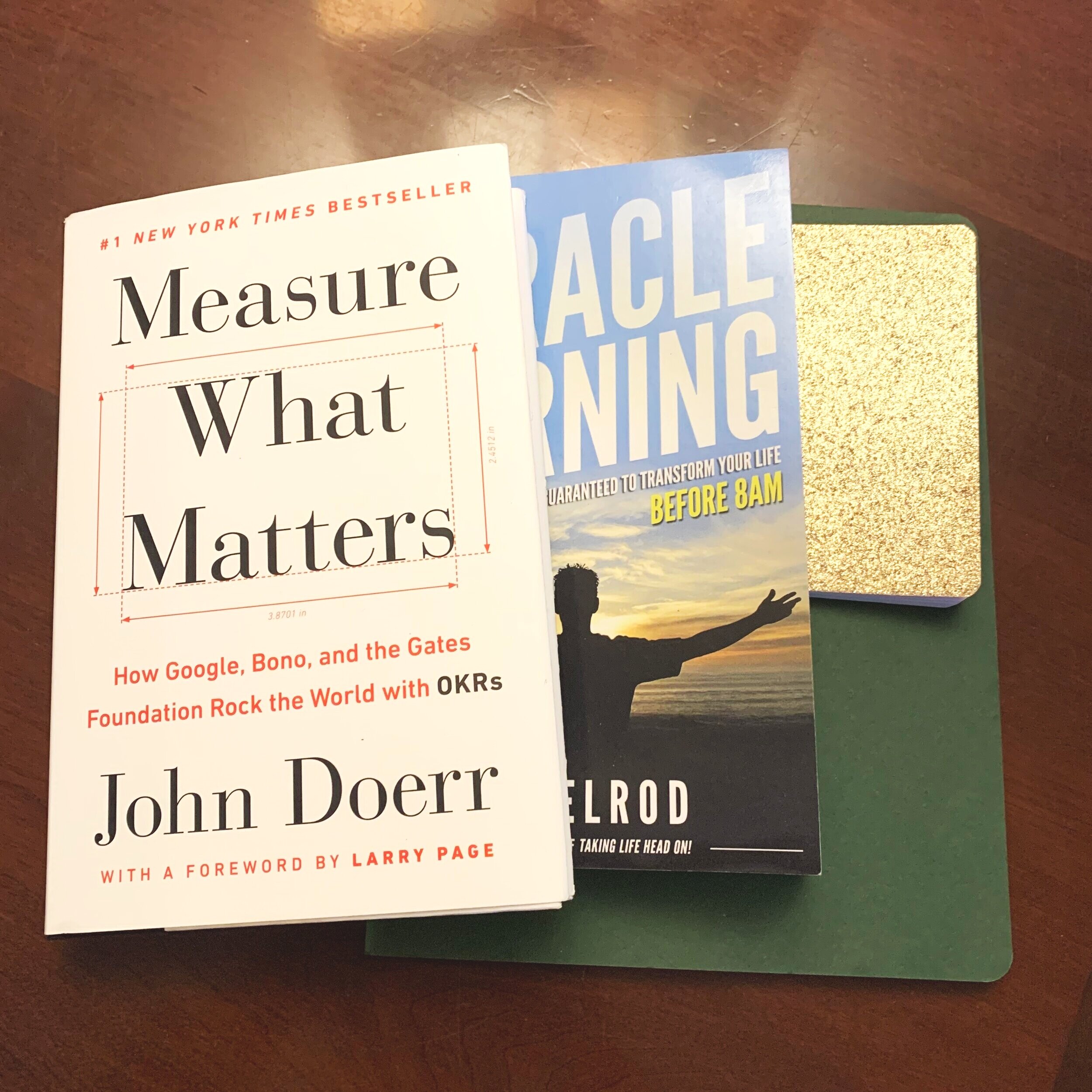I recently had breakfast with a friend who has been looking for her next career opportunity for a few months now. We live in a "small" big city (Indianapolis). One of the cool things about this city is that it's accessible, meaning it's easy to network in this city. People are friendly, open to connecting, and that helps when you're looking to make your next career move. That said, there are a bunch of interviewers in Indy making some embarrassing gaffs. I know this is not unique to our market, so I've made a deal with my friend that I will share some of her horror stories without incriminating anyone. These entries are meant to prepare people for less-than-perfect interviews. You will have a bad interview some day, and you'll leave feeling confused. My hope is that you can navigate your emotions and reactions with grace knowing that you're not alone.
Scene: Panel interview (you on one side of the table and at least three others on the other side of the table)
Main Interviewer: A female of similar age to you who has been hired to do a role that she has no background or proper qualifications for. She has likely networked to her position (good for her!) and needs to hire a top notch team to help her be successful in the role she's recently taken.
Interview: You walk through your resume, background, and qualifications. You articulate your philosophy on [fill in the blank - role specific] and gain confidence that you can add value to this organization. Everything seems to be going well. The lead interviewer is taking notes, the panel of interviewers are engaged and making eye contact (as opposed to sneaking peeks at their phone under the table). Then you see a shift, it's as if the interviewer decides that she's going to go 'off script.' She squirms in her seat, pushes her papers to the side, leans forward to almost standing and blurts, something like this: "Honestly, I NEED people to stay here. You can clearly do this work. You'll be bored. This organization needs help, and I need someone I know is going to stick around. Are you going to do that? I can't hire someone who is just looking for a J-O-B. What are you looking for? Can you commit?" The entire rest of the panel looks down at their laps in embarrassment. They have no idea what to do or how to help you out, and they're not supportive enough of their colleague enough to help her out by rephrasing the question. You squirm, unsure of what to say.
Candidate Reaction (Internal): That felt on the verge of hostile. What am I supposed to say in the moment? I am overqualified for the role, but I like the environment and I know I can make a positive impact on this organization. I do want a job. I think I may have to help this interviewer calm down. I am pretty sure there is no way I could work with this woman, much less be directed by her when I know she acts like this. I need to get out of here.
Candidate Action (In the Moment): "I am confident I can do the job." (Well done on not meeting high emotions with high emotions - Stay calm in these moments)
Candidate Review: After wondering what she did to provoke the outburst, she realized that she might want to gather a little more information about the position and the interviewer. She tapped into her network and let them know she had the interview, and asked for any more info that might be useful about the role or the leader of the role. As it turns out, the interviewer was hired by a friend to do the job. That would be okay IF the woman was self-assured enough to hire a team of qualified professionals to get the job done. Instead, she is panicky and scared about not succeeding.
Life Lesson: People hire people they like to do work for them. Sometimes these people may not be qualified to do the work that their friend hired them for. Depending on the nature of the relationship, the person hired may or may not feel comfortable admitting that they can't do the job.
As someone interviewing to be a member of the team, you have to trust and feel respected by your leader. A fundamental tenant of leadership is to show respect for others. If an interviewer (who is going to be your boss) makes you uncomfortable, questions you inappropriately, or presses you for answers they know you can't answer in a first interview, imagine how they might treat you later?





